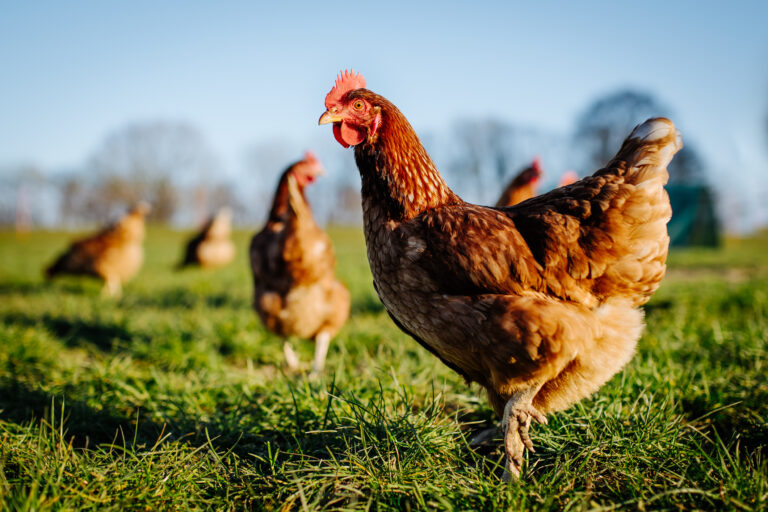The overuse of antibiotics in poultry farming has led to the rise of drug-resistant pathogens, posing health risks to both animals and humans. To address this issue, researchers at the Fraunhofer Institute of Optronics, System Technologies, and Image Exploitation (IOSB-AST) have developed a compact device that reduces the need for antibiotics through advanced air purification techniques. This innovative system combines UV disinfection, photocatalysis, and particle filtration to improve barn air quality, promoting animal health and welfare.
Large-scale poultry farms often rely on antibiotics to prevent disease outbreaks, but this practice can lead to the development of resistant germs. Additionally, poor air quality in barns, caused by ammonia and volatile organic compounds (VOCs) from animal waste, presents further health hazards. The new device, developed in collaboration with PURION GmbH and the GMBU, offers a sustainable solution by continually sterilizing the air and removing harmful chemicals. It uses UVC LEDs to deactivate pathogens and UVA LEDs to reduce air pollution through photocatalysis.
The system can be easily integrated into existing poultry and pig farming setups, reducing the need for antibiotics and improving air hygiene. This technology may also help combat viral diseases like bird flu, which is particularly prevalent in winter.
The project, funded by the German Federal Ministry of Education and Research (BMEL), aims to revolutionize poultry farming. By minimizing antibiotic use, the spread of drug-resistant pathogens is reduced, and the environmental impact from antibiotics in waste is mitigated. This innovation marks a significant step forward for both animal welfare and food safety.
Find the original press release here.

